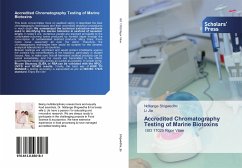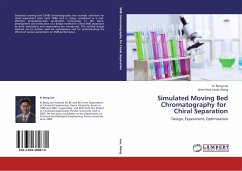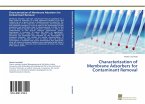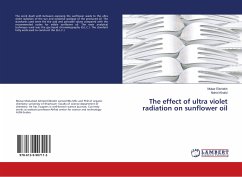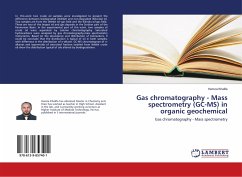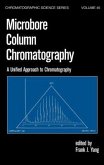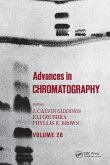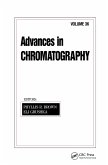This book concentrates more on seafood safety. It described the best chromatography techniques and their accredited analytical procedures in much depth. We summarized the technical extraction methods used in identifying the marine biotoxins in seafood of seawater origin. In today's era, numerous people are exposed principally to the complicated-occurring toxins produced by harmful algae through the consumption of contaminated seafood products. Many times, these toxins occur seasonally all over the world. Therefore, the chromatographic techniques here would be suitable for the dynamic analytical laboratories in all countries.Biotoxin testings are significant and would protect inhabitants against the invisible low concentrations of the biotoxins, particularly in mussel tissues. Also, to make sure that all harvested seafood products can be tested immediately, and the results are transmitted to the official governmental controlling bodies as quickly as possible. In simple terms, Mouse Bioassay, ELISA, or RBA can be validated with the HPLC-UV/FD and GC-MS results. Finally, the best way of HOW TO MANAGE a testing laboratory is expounded as per an ISO/IEC 17025 standard. Enjoy the ride!
Bitte wählen Sie Ihr Anliegen aus.
Rechnungen
Retourenschein anfordern
Bestellstatus
Storno

